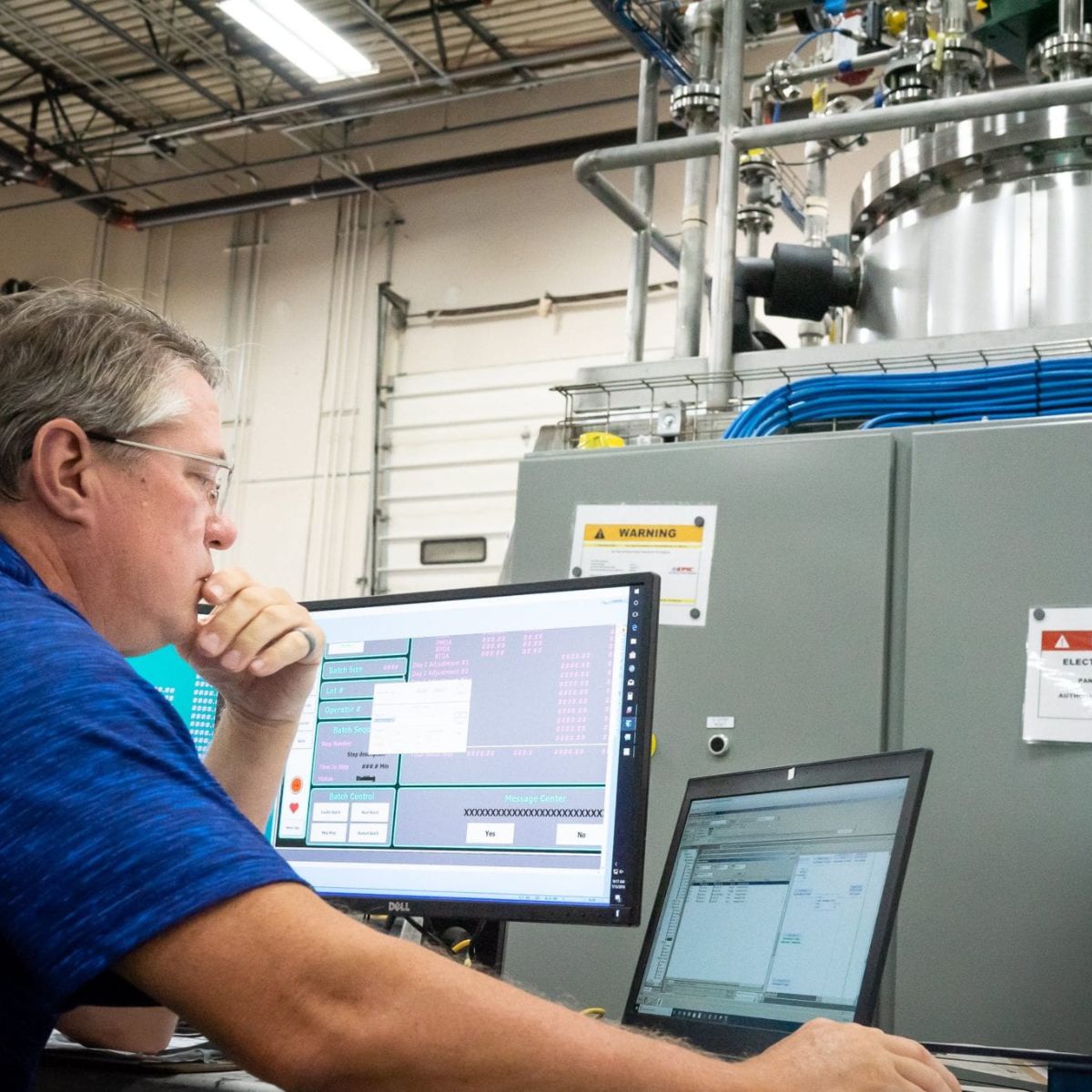As factories embrace the era of AI-driven smart manufacturing, the ability to collect and analyze data holds the key to unlocking unprecedented insights into product quality, process optimization, and overall operational excellence. However, simply digitizing equipment is just the first step to truly harness the power of data, manufacturers must adopt a systematic approach to organizing and utilizing the vast amounts of information at their disposal. Therefore, the role of partners specializing in automated systems integration becomes vital. These dedicated partners bring expertise, technology, and innovative solutions to the table, empowering manufacturers to optimize data management and drive operational excellence.
Identifying Measurement Metrics
Once equipment has been digitized to collect data (READ PART 1: Navigating the Path to Digital Transformation), the next crucial step is identifying what to measure in both the product and process areas. Partnering with automation system integration specialists provides manufacturers with access to expert guidance in crafting comprehensive data strategies. These partners possess in-depth knowledge of industry best practices, regulatory requirements, and emerging technologies, enabling them to tailor data management solutions to the unique needs of each manufacturing environment. Knowing how your equipment should behave rather than simply identifying what it is doing is a critical distinction that needs to be understood.
Seamless Integration of Digital Systems
One of the primary advantages of partnering with automation system integration specialists is their ability to seamlessly integrate digital systems throughout the manufacturing ecosystem. Whether it’s connecting PLCs, SCADA systems, MES platforms, or ERP systems, these partners excel in creating cohesive, interconnected networks that enable smooth, secure data flow across the entire production process. By bridging gaps between disparate systems, automation system integration partners ensure that critical data is captured, consolidated, and accessible in real-time.
Customized Solutions for Data Management
Every manufacturing plant has its own unique set of challenges and requirements when it comes to data management. Integration partners that understand process equipment excel in developing customized solutions that address specific pain points and objectives. Whether it’s implementing data historians, deploying IoT sensors, or designing custom dashboards, these partners work closely with manufacturers to engineer tailored solutions that optimize data organization and utilization.
AI Integration
The benefits of organizing data in manufacturing plants extend far beyond mere compliance or documentation requirements. Well-structured data is a steppingstone for AI-powered analytics that have the capability to sift through vast datasets, uncovering hidden insights and correlations that human analysts may overlook. However, the effectiveness of AI is contingent upon the availability of high-quality, organized data. Therefore, a robust data organization strategy lays the foundation for successful AI implementation in manufacturing plants. By partnering with automation system integration specialists, manufacturers can ensure that their data management systems are not only optimized for current needs but also primed for the era of AI-driven smart manufacturing. With organized data and AI integration, manufacturers gain a competitive edge by leveraging predictive analytics, prescriptive insights, and autonomous decision-making capabilities.
The digital transformation of manufacturing plants offers unparalleled opportunities for enhancing efficiency, quality, and agility. However, the true value of digitization lies in the strategic organization and utilization of data. That’s why partnering with automated system integrators like EPIC Systems can help manufacturers to organize and leverage data effectively. From data collection to analysis and visualization, automation system integration partners offer strategic insights and actionable recommendations that lay the foundation for effective data organization. As the manufacturing landscape continues to evolve, partnering with automation system integration experts will be essential for staying ahead of the curve and driving sustainable growth.
READ PART 1: Navigating Digital Transformation by Empowering Legacy Machinery
READ PART 3: The Power of Data in Manufacturing
